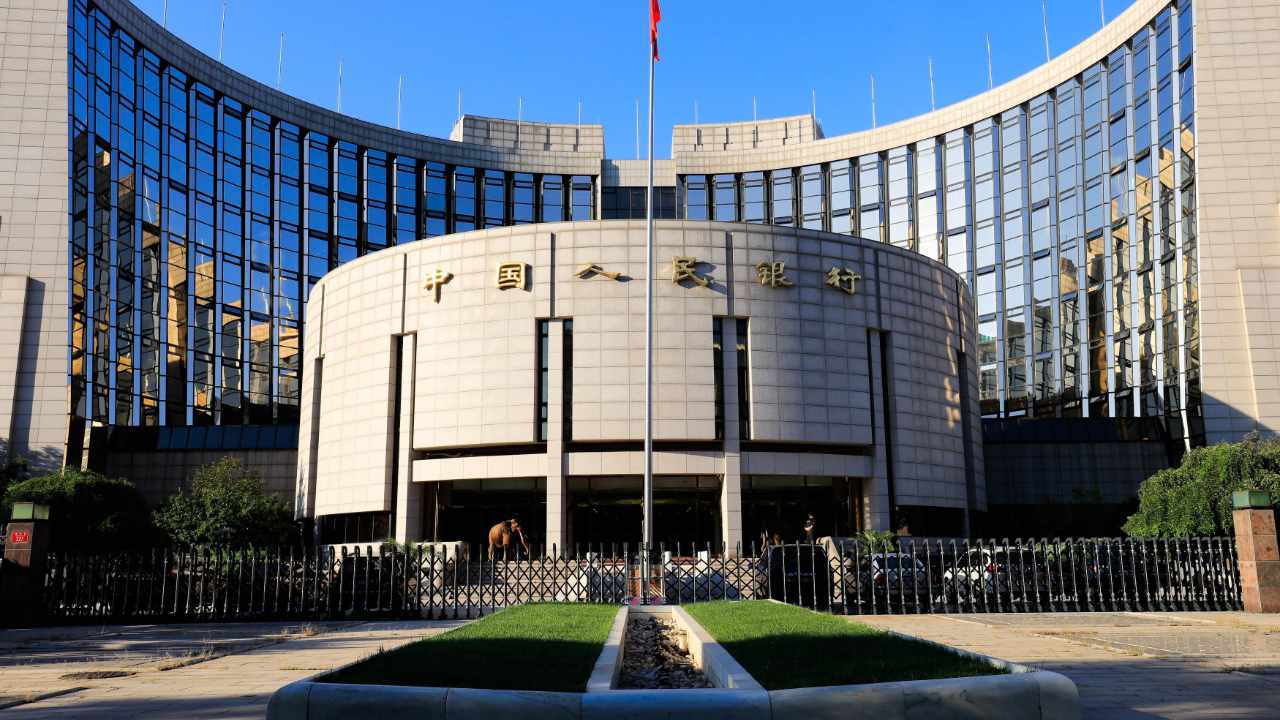European countries bank on blockchain. Here’s how jobs in the sector are growing
By Kirstie McDermott
When you say “blockchain”, many people’s Pavlovian response is “crypto”. And indeed, blockchain – a decentralized digital ledger technology that enables secure and transparent peer-to-peer transactions without the need for intermediaries – is the backbone of most cryptocurrencies.
It is the technology that underpins Bitcoin. The original Bitcoin blockchain was designed as an immutable public ledger that records all Bitcoin transactions.
Because it is impossible to change historical records on this ledger, anyone can see how many Bitcoins were transferred from one account to another at any given time – making it impossible for people to lie about how much money they have or where the money is their came. from.
It is also a relatively new technology. Invented in 2008 by one or more unknown people using the pseudonym Satoshi Nakamoto (The word “Satoshi” means “clear thinking, nimble” in Japanese), it has a myriad of uses beyond digital currencies.
A growing sector
Today, the use cases for blockchain technology have grown tremendously. An obvious initial sector for adoption was banking and finance, and the technology is already widely used in the wider financial sphere for payments, money transfers, digital identity and asset management.
In fact, blockchain technology is helping the traditional pillar banks to move into the fintech and neobanking space.
In 2017, IBM started a project to build blockchain technology for a consortium of seven of Europe’s largest banks, including HSBC and Rabobank. The aim was to facilitate international trade for small and medium-sized companies.
These days, you’ll find blockchain technology used in the day-to-day operations of many big and well-known name companies, including Microsoft, Oracle, JP Morgan, Amazon and Facebook.
It has applications in manufacturing and supply chain management, offering better traceability, transparency and accountability.
The healthcare sector uses blockchain’s ledger technology for secure sharing of medical records and data processing, and global governments use it for voting systems, land registries and identity management.
There are also many other applications, across real estate, where it can be used for property listings, property transfers and mortgage processing, and in education, retail and gaming.
It is no surprise then that the global blockchain market was valued at $7.18 billion (€6.55 billion) in 2022. It is set to grow to $163.83 billion (€149.51 billion) by 2029, and shows a compound annual growth rate of 56.3 per cent.
Greater potential, new applications
Potential applications are still being explored, and experts predict that it will also become an easier technology to use.
Lawrence Landeloos, founder of OneGrid, which aims to make NFTs more accessible, told EY that he believes blockchain is the future of business. “I am convinced that blockchain can transform business models and even entire organizational models,” he said.
Landeloos said one downside is that blockchain technology is currently too complex, but he believes this will change.
“Just as no-code solutions like WordPress and Wix have democratized website creation, we want to radically lower the barrier to experimenting with blockchain technology,” he said. “The more we experiment, the more valuable concepts will emerge.”
For those who want to graduate now, or future-proof their career, there are many advantages to a career in blockchain.
Careers in the Blockchain Sector
Because the blockchain sector is still in its early stages of development, there is significant potential for growth, career development, plus the opportunity to learn and hone skills on the cutting edge.
Some of the biggest problems facing European employers include a skills gap and a small talent pool. EU’s Study on skills mismatch in the European blockchain sector has found that more than half of European companies have recruitment problems because of these problems.
To close this supply and demand gap, the EU launched its educational CHAISE initiative in November 2020. A four-year project, funded through the EU’s Erasmus+ programme, aims to design a strategy to address Europe’s blockchain skills gap.
In the future, roles may be developed as smart contract auditors or environmental specialists, responsible for developing strategies to reduce the carbon footprint of blockchain networks and make them more environmentally friendly.
The types of roles you may see now include node operators, software developers (especially those who code in C++) as well as solution architects and project managers.
And when it comes to jobs in the blockchain sector, Europe is leading the global field. Luxembourg has the most crypto jobs in the world, followed by Switzerland, Ireland, Germany, Denmark and the Netherlands.
The career potential is great: Gardener predicts that the business value generated by blockchain will increase, reaching $176 billion (€160 billion) by 2025 and $3.1 trillion (€2.8 trillion) by 2030, and VCs continue to invest billions of dollars in sector startups – and that means jobs.
Companies are hiring right now: In Paris, the video game company Cometh is looking for one Blockchain developer to develop, test and deploy smart contracts and collaborate with cross-functional teams to create decentralized applications.
In Berlin, KPMG employs a Senior consultant to work across neobanking and fintechs.
In this role, you will take over the development of new business ideas, analysis of market trends and design of innovative products and processes, including digital assets CBDC, crypto and security tokens.
Or check this out Senior Director, Risk role in crypto firm Binance in Paris. A global blockchain company behind the world’s largest digital asset exchange by trading volume and users, its mission is to accelerate cryptocurrency adoption and increase the freedom of money.
Environmental challenges for building up blockchain
Blockchain technology is not without its drawbacks. Crypto mining has been heavily criticized for its huge energy consumption.
In 2020, Bitcoin mining used 75.4 terawatt hours of electricity (TWh), which is a higher electricity consumption than Austria (69.9 TWh) or Portugal (48.4 TWh) in that year, according to a study from Scientific Reports.
Despite that, the EU is clear that it wants to lead in blockchain technology, become an innovator and location of platforms, applications and companies, according to its Blockchain strategy.
Discover a career in the blockchain or crypto space at Euronews.jobs























